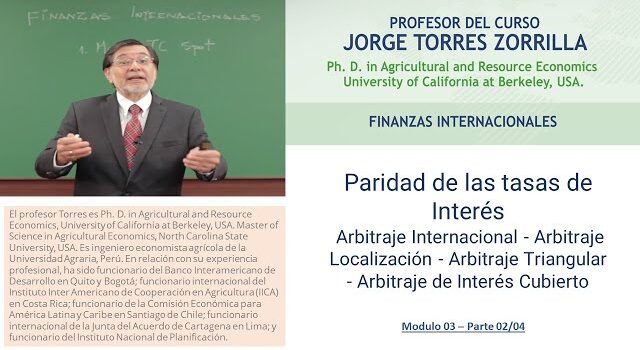
When differentiating between comparative and absolute advantage in international trade, you focus on efficiency and productivity. Absolute advantage emphasizes a country's superior efficiency in producing specific goods or services. It highlights uncontested superiority in production, leading to economic specialization for global competitiveness. In contrast, comparative advantage centers on producing goods at lower opportunity costs than trading partners, pushing for specialization in less costly goods for enhanced efficiency. Understanding these distinctions is pivotal for strategic positioning in global markets. Further details on these advantages can deepen your grasp of how countries excel in trade dynamics.
- Key Takeaways
- Core Differences Explained
- Defining Absolute Advantage
- Understanding Comparative Advantage
- Calculating Comparative and Absolute Advantage
- Historical Context and Theorists
- Examples in Modern Economies
- Implications for Trade Policies
- Frequently Asked Questions
- How Does Comparative Advantage Impact a Country's Overall Economic Welfare?
- Why Do Economists Advocate for Free Trade Policies Despite Opposition?
- What Is the Main Reason for the Absence of Complete Free Trade Globally?
- Why Do Countries Sometimes Deviate From Specializing in Their Comparative Advantage?
- How Does Rent-Seeking Behavior Influence Trade Policies in Different Countries?
- Conclusion
Key Takeaways
- Absolute advantage focuses on superior productivity in specific products.
- Comparative advantage centers on producing at lower opportunity costs.
- Absolute advantage is about uncontested superiority in production capabilities.
- Comparative advantage leads to specialization in goods with lowest opportunity costs.
- Comparative advantage emphasizes efficiency through specialization in industries of expertise.
Core Differences Explained
Understanding the core differences between comparative and absolute advantage is essential for grasping the principles of international trade. In practical applications, comparative advantage focuses on producing goods or services at a lower opportunity cost compared to trading partners. Real-world scenarios often showcase countries specializing in products where they excel to maximize efficiency and trade.
On the other hand, absolute advantage refers to a country's uncontested superiority in producing a particular good. While a nation may have absolute advantages in various areas, comparative advantage suggests focusing on industries with the best results for optimal outcomes. By specializing in areas of expertise, economies can achieve higher productivity and foster growth through efficient trade practices.
This strategic approach benefits all parties involved in international commerce.
Defining Absolute Advantage
To define absolute advantage, consider it as a country's ability to produce a particular good more efficiently than another country.
In economic theory, absolute advantage showcases a nation's superior productivity in a specific product or service.
Understanding the basis and implications of absolute advantage is important for grasping its role in international trade dynamics.
Basis of Absolute Advantage
The foundation of absolute advantage lies in a country's uncontested superiority in producing a specific good. Understanding this concept is essential for comprehending trade dynamics and international relations.
Absolute advantage allows for economic specialization, enabling countries to excel in producing goods efficiently and at a high quality level, thereby gaining a competitive edge in global markets. By focusing on what they can produce best, nations can optimize their resources and maximize output, contributing to overall economic growth.
Recognizing and leveraging absolute advantages in certain industries fosters healthy competition and mutually beneficial trade relationships between countries. This strategic approach not only enhances a country's standing in the global marketplace but also promotes stability and prosperity in the interconnected world of international trade.
Role in Economic Theory
Absolute advantage plays a fundamental role in economic theory by highlighting a country's unmatched proficiency in producing specific goods. It's a key concept in understanding economic efficiency and international trade.
By recognizing where a country excels in production, absolute advantage allows for market specialization and production optimization. This means that countries can focus on producing goods that they can produce more efficiently than others, leading to increased productivity and overall economic growth.
Through the lens of absolute advantage, countries can strategically allocate resources to maximize their output and competitiveness in the global market. By leveraging their strengths and unique capabilities, countries can enhance their position in international trade and foster mutually beneficial relationships with trading partners.
Understanding Comparative Advantage

When understanding comparative advantage, it's essential to grasp the principles behind this economic concept and its significant impact on global trade.
Comparative advantage dictates that countries should specialize in producing goods where they've the lowest opportunity costs, leading to increased efficiency and productivity.
Principles Behind Comparative Advantage
Understanding the principles behind comparative advantage can provide valuable insights into how countries can benefit from specializing in certain industries for trade. Comparative advantage differs from absolute advantage by focusing on producing goods or services with a lower opportunity cost than trading partners, rather than being the best at everything.
Real examples of comparative advantage in action include scenarios where countries specialize in industries where they excel, leading to increased efficiency and productivity. By concentrating on areas where they've expertise, countries can enhance their economic welfare and overall productivity. This theory highlights the importance of free trade policies, advocating for specialization in high-opportunity cost industries and trading with others.
Embracing comparative advantage can lead to improved standards of living and increased wealth for nations involved in international trade.
Impact on Global Trade
To grasp the impact of comparative advantage on global trade, consider how nations can enhance their economic welfare through specialization and trade. Trade dynamics and globalization are profoundly influenced by the concept of comparative advantage.
Market efficiency and specialization play an essential role in shaping international trade relationships. When countries focus on producing goods in which they've a comparative advantage, it leads to increased efficiency and output. By specializing in areas with the lowest opportunity costs, countries can maximize their productivity and benefit from trading with others.
This approach fosters economies of scale, innovation, and ultimately lower prices for consumers. Embracing comparative advantage in global trade can lead to improved standards of living and overall economic growth for all participating nations.
Calculating Comparative and Absolute Advantage
When calculating comparative and absolute advantage, you'll need to take into account various methods for determination, key indicators, and metrics. These factors play an essential role in understanding which products or services a country should specialize in for trade.
Methods for Determination
Calculating comparative and absolute advantage involves analyzing the opportunity cost and productivity levels of different goods or services within an economy.
To determine comparative advantage, compare the opportunity cost of producing one unit of a good or service in relation to how much of another good or service could have been produced instead.
For absolute advantage, focus on which country can produce a good more efficiently than another.
Economic impact plays an essential role in these calculations as it helps in understanding the benefits of specializing in certain industries.
By identifying where a country excels in production, it can maximize efficiency and output.
Comparative advantage emphasizes specializing in areas with the lowest opportunity costs, leading to increased productivity and economic growth.
Key Indicators and Metrics
Understanding key indicators and metrics is essential in determining comparative and absolute advantage in international trade. When calculating these advantages, it's important to take into account factors such as production costs, labor productivity, and resource allocation.
| Key Indicators | Comparative Advantage | Absolute Advantage |
|---|---|---|
| Production Costs | Lower costs indicate comparative advantage. | Higher efficiency signifies absolute advantage. |
| Labor Productivity | Higher productivity leads to a comparative advantage. | Unmatched efficiency demonstrates absolute advantage. |
| Resource Allocation | Ideal allocation indicates a comparative advantage. | Superior allocation signifies absolute advantage. |
Comparative advantage benefits countries by allowing them to specialize in what they do best, leading to increased efficiency and overall economic growth. By analyzing these key indicators and metrics, nations can make informed decisions to maximize their strengths in the global marketplace.
Historical Context and Theorists
When discussing the historical context and theorists related to comparative advantage, it's essential to examine David Ricardo's contribution to the evolution of economic thought.
Ricardo, a prominent economist in the early 19th century, played a key role in popularizing the concept of comparative advantage. Understanding Ricardo's insights can provide valuable perspectives on the principles underlying free trade and specialization in international business.
David Ricardo's Contribution
David Ricardo, a prominent economist, played a significant role in shaping the concept of comparative advantage. His legacy lies in the economic impact his theories had on international trade. Ricardo's ideas revolutionized the way nations approached trade, emphasizing that even if a country has an absolute advantage in all areas of production, it can still benefit from specializing in certain products for export.
This specialization based on comparative advantage allows for increased efficiency and overall wealth creation. By focusing on producing goods where they have the greatest expertise, countries can maximize productivity and improve economic welfare.
Ricardo's contributions continue to be influential in modern trade theory, highlighting the importance of specialization and free trade for economic growth.
Evolution of Economic Thought
Exploring the evolution of economic thought reveals the progression of key theories and influential thinkers in shaping modern economic principles. Over time, various economic theories have emerged, influencing global trade practices and policies. Below is a table summarizing some of the most prominent economic theories and their impact on global trade:
| Economic Theories | Global Trade Impact |
|---|---|
| Mercantilism | Emphasized the importance of a trade surplus |
| Classical Economics | Advocated for free markets and limited government intervention |
| Keynesian Economics | Stressed the role of government in regulating the economy |
| Neoclassical Economics | Focuses on equilibrium in supply and demand |
Examples in Modern Economies
In modern economies, case studies on comparative advantage and absolute advantage in practice provide tangible examples of how nations can benefit from specializing in areas where they excel.
These examples showcase the effectiveness of focusing on industries where countries have the highest expertise and success, leading to increased productivity and economic growth.
Understanding these case studies can offer valuable insights into how countries can leverage their strengths to maximize efficiency in the global marketplace.
Case Studies on Comparative Advantage
Case studies in modern economies illustrate how countries can benefit from specializing in industries where they've a comparative advantage. Real-life scenarios and practical applications demonstrate this concept effectively.
For instance, consider the case of Japan specializing in technology and automobiles while Saudi Arabia focuses on oil production. Japan's highly skilled labor force and advanced technology give it a comparative advantage in producing high-tech goods efficiently. On the other hand, Saudi Arabia's abundant oil reserves allow it to produce oil more cost-effectively than many other nations.
Absolute Advantage in Practice
Consider how countries leverage their absolute advantage to excel in specific industries in modern economies. When examining trade dynamics, practical applications, and the economic benefits of absolute advantage, real-world scenarios emerge to showcase its significance.
Here are three key points to understand the role of absolute advantage in practice:
- Industries with absolute advantages can dominate global markets, leading to increased exports and economic growth.
- Countries specializing in areas of absolute advantage can achieve cost efficiencies and higher productivity levels.
- By focusing on their strengths, nations can enhance competitiveness, attract foreign investments, and drive innovation in key sectors.
Understanding how absolute advantage operates in modern economies is essential for policymakers and businesses seeking sustainable growth strategies.
Implications for Trade Policies
When considering the implications for trade policies in light of comparative advantage, it's essential to understand the influence it has on free trade agreements. Protectionism, which involves restricting imports through measures like tariffs and quotas, often clashes with the principles of comparative advantage that advocate for specialization and open markets.
Influence on Free Trade Agreements
Influencing free trade agreements, comparative advantage plays a pivotal role in shaping trade policies and determining the most efficient allocation of resources among nations. When it comes to trade agreements, the benefits of leveraging comparative advantage are significant. Here's how it impacts trade policies:
- Efficient Resource Allocation: Comparative advantage allows countries to specialize in producing goods where they've the lowest opportunity costs, leading to ideal resource allocation.
- Enhanced Global Trade: By focusing on industries where they excel, countries can maximize their trade benefits and engage in mutually beneficial exchanges.
- Promotion of Innovation: Specializing in specific industries encourages innovation and competitiveness, driving economic growth and global market expansion.
Understanding these trade-offs and benefits is essential for countries when engaging in free trade agreements.
Protectionism vs. Comparative Advantage
The conflict between protectionism and comparative advantage greatly impacts trade policies and economic decisions. Trade dynamics are affected by the choice between fostering domestic industries through protectionist measures like tariffs or embracing the principle of comparative advantage for specialization and efficiency.
Protectionism involves imposing barriers such as tariffs to shield local industries from foreign competition, which can lead to higher prices for consumers. On the other hand, comparative advantage advocates for countries to focus on producing goods where they excel, even if another country has an absolute advantage.
Understanding the implications of protectionism versus comparative advantage is essential for making informed trade policy decisions that can either restrict trade or enhance global economic efficiency.
Frequently Asked Questions
How Does Comparative Advantage Impact a Country's Overall Economic Welfare?
When a country embraces its comparative advantage, it enhances economic growth by optimizing resource allocation and boosting production efficiency. This approach helps improve trade balances and overall welfare by focusing on areas where the nation excels.
Why Do Economists Advocate for Free Trade Policies Despite Opposition?
You should understand that economists advocate for free trade policies despite opposition because trade liberalization fosters economic growth.
By eliminating protectionism and trade barriers, countries can focus on their strengths, driving efficiency and innovation. This specialization based on comparative advantage enhances productivity and allows for the exchange of goods and services with minimal restrictions.
Ultimately, promoting free trade leads to increased prosperity, benefiting both domestic industries and consumers in the long run.
What Is the Main Reason for the Absence of Complete Free Trade Globally?
To understand why there isn't complete free trade globally, consider the presence of global trade barriers and economic nationalism. These obstacles emerge due to various factors like rent-seeking behavior, where groups lobby for protective measures to safeguard their interests in the short term, despite the long-term benefits of true free trade.
Such actions hinder nations from fully embracing open trading practices and inhibit the realization of the full potential of comparative advantage in boosting global economic welfare.
Why Do Countries Sometimes Deviate From Specializing in Their Comparative Advantage?
When countries deviate from specializing in their comparative advantage, it can be due to the effects of globalization, which increase competition and complexity in international trade.
Government intervention sometimes leads to the creation of trade barriers and protectionism incentives, disrupting the natural flow of specialization. By imposing restrictions on imports or providing subsidies to domestic industries, governments can alter the competitive landscape, impacting the efficiency and benefits of comparative advantage.
How Does Rent-Seeking Behavior Influence Trade Policies in Different Countries?
Rent-seeking behavior can greatly influence trade policies in different countries. This behavior, where groups lobby for protectionist measures to safeguard their interests, impacts the formulation of trade policies.
Rent-seeking often leads to the imposition of tariffs, quotas, or subsidies that distort free trade. By advocating for special favors from the government, certain industries can disrupt the natural flow of trade, hindering the benefits of comparative advantage and impeding overall economic growth.
Conclusion
To summarize, understanding the differences between comparative and absolute advantage is vital in grasping the intricacies of international trade.
By recognizing a country's strengths in producing goods efficiently and at a lower opportunity cost, nations can strategically specialize in industries where they have a competitive edge.
This knowledge not only shapes trade policies but also influences decision-making in the global marketplace, ultimately driving economic growth and fostering mutually beneficial relationships between trading partners.
Si quieres conocer otros artículos parecidos a Diferencia Entre Comparative Y Absolute Advantage puedes visitar la categoría Inversión.


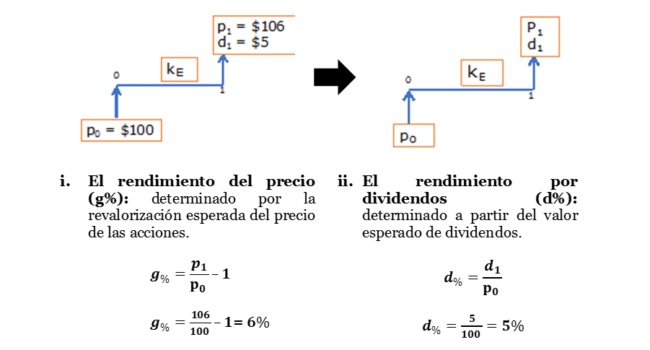
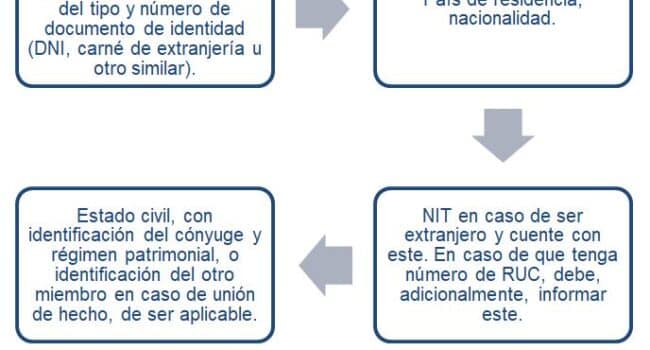
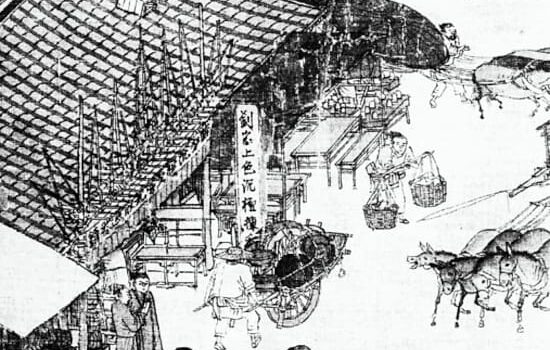


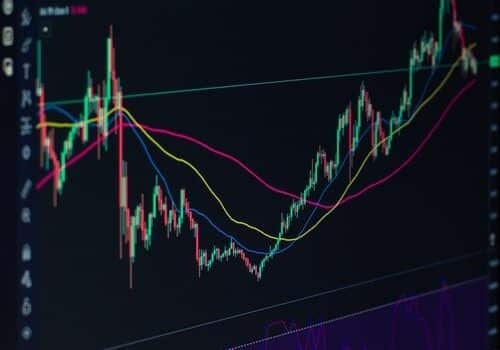

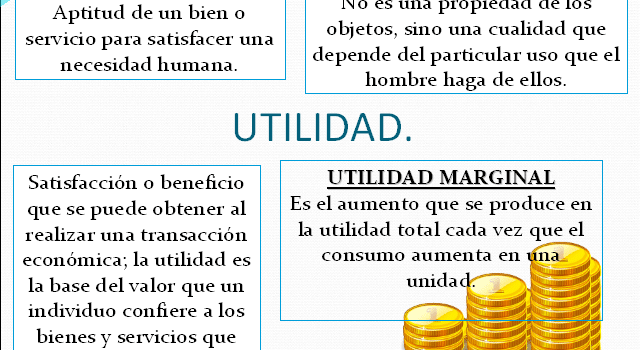
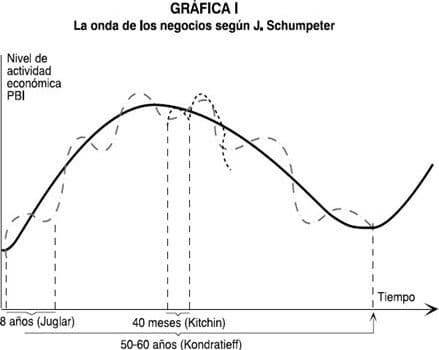

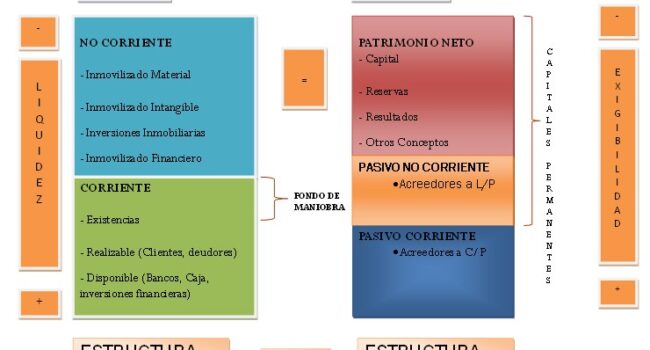
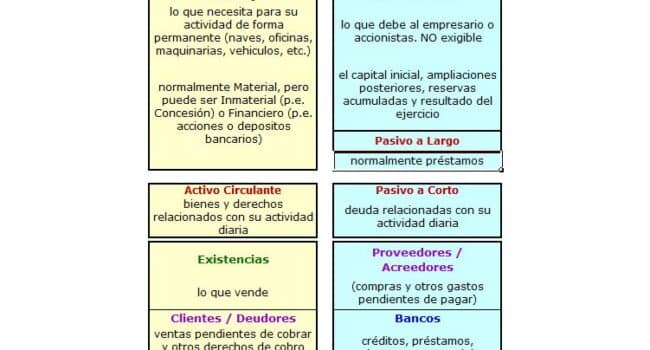
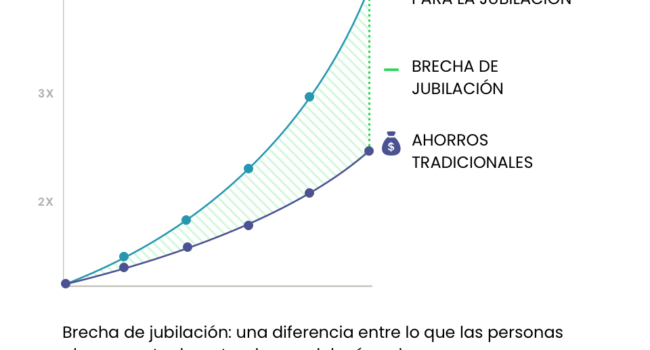
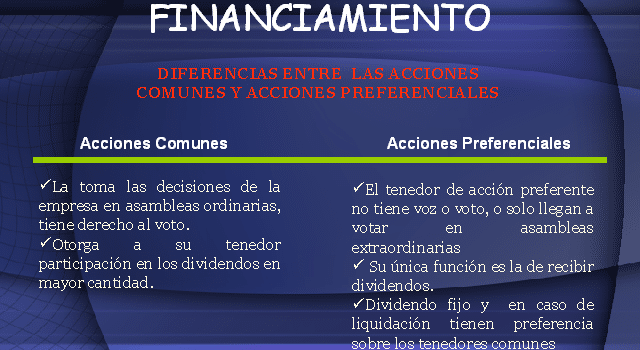

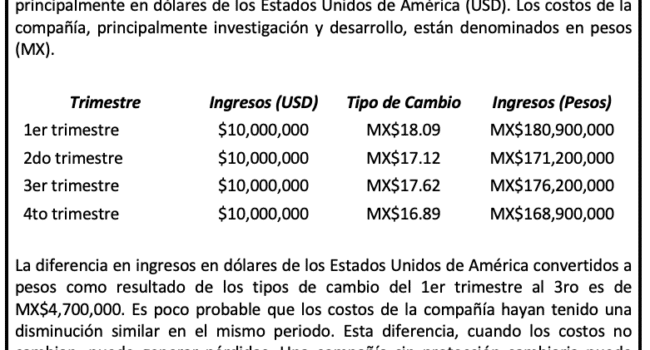
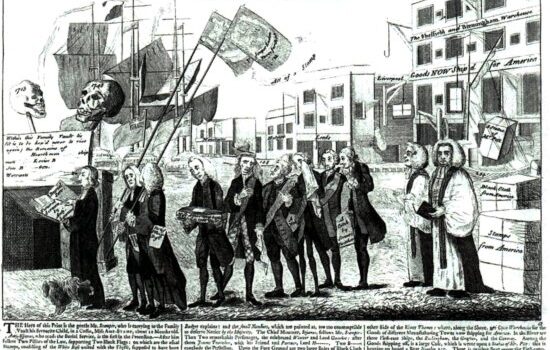
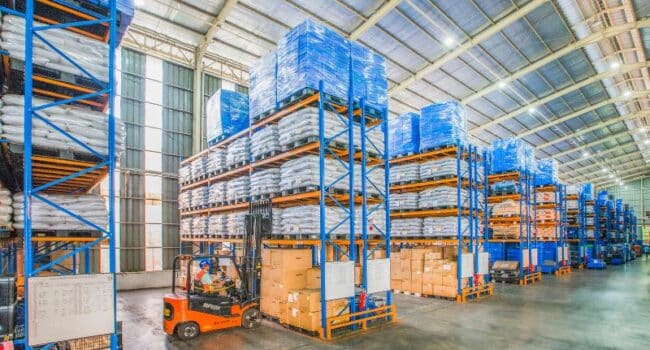

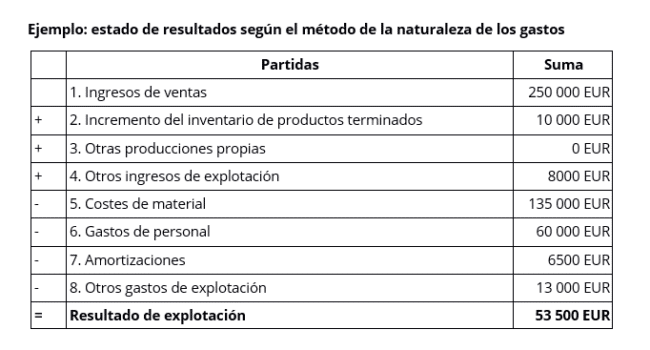
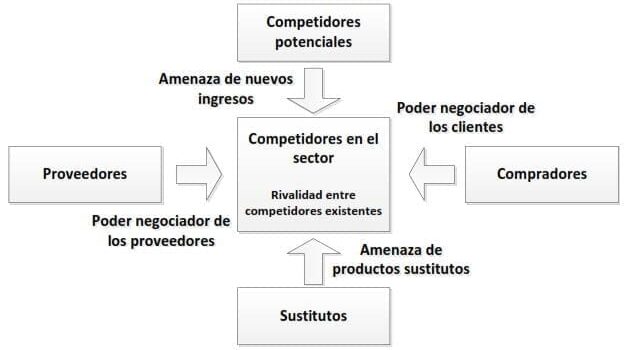
También te puede interesar: